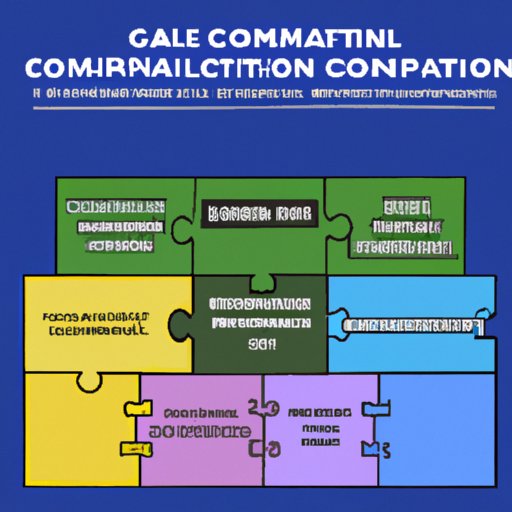Introduction
Compartmentalization is a term used to refer to the act of separating different aspects of one’s life into distinct categories or “compartments” in order to better manage them. It can be used to help people cope with stress and difficult situations by allowing them to focus on one area at a time without being overwhelmed by all of their responsibilities. But is it really healthy? In this article, we will explore the pros and cons of compartmentalization in order to better understand its impact on mental health and relationships.
Understanding How Compartmentalization Impacts Mental Health
Compartmentalization can take many forms, from simply organizing tasks into lists to creating elaborate systems for categorizing different areas of life. According to psychotherapist and life coach Amanda Stemen, “When done effectively, compartmentalization can help you stay organized, focused, and productive. It also allows you to prioritize what is most important and set boundaries so that you don’t get overwhelmed.”
However, compartmentalization can also have some potential drawbacks. Research suggests that while it can be effective in the short-term, it can also lead to feelings of disconnection and alienation, making it difficult to form meaningful connections with others. Additionally, if someone relies too heavily on compartmentalization, they may struggle to integrate different aspects of their life, leading to a lack of balance and harmony.

Investigating the Impact of Compartmentalization on Relationships
Compartmentalization can also have an impact on interpersonal relationships. While it can be helpful in managing stress and maintaining a sense of control, it can also create barriers between people. For example, research has shown that compartmentalizing emotions can lead to a lack of empathy and difficulty understanding the feelings of others. This can make it difficult to form close bonds and have meaningful conversations.
On the other hand, compartmentalization can also be beneficial for relationships. By allowing people to set clear boundaries and focus on the task at hand, it can help them avoid getting overwhelmed and allow them to stay present in the moment. Additionally, it can help to create structure and organization, which can promote collaboration and cooperation.
Conclusion
In conclusion, compartmentalization can be both beneficial and detrimental to mental health and relationships. While it can help people stay organized and focused, it can also lead to feelings of alienation and disconnection. It is important to consider the pros and cons of compartmentalization when deciding whether or not it is the right choice for you. Further research is needed to better understand the impact of compartmentalization on mental health and relationships.
(Note: Is this article not meeting your expectations? Do you have knowledge or insights to share? Unlock new opportunities and expand your reach by joining our authors team. Click Registration to join us and share your expertise with our readers.)
